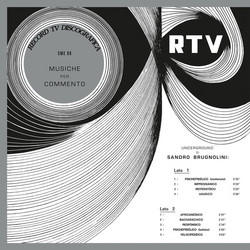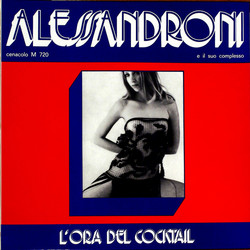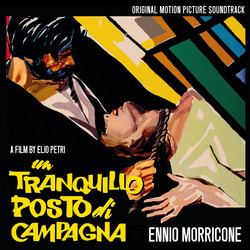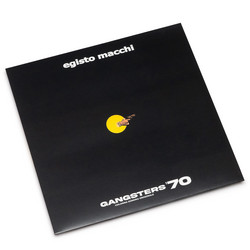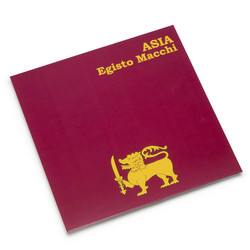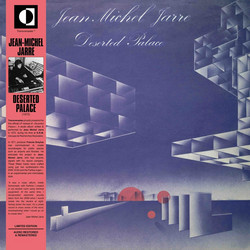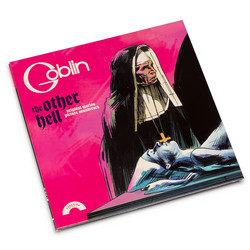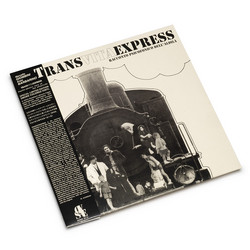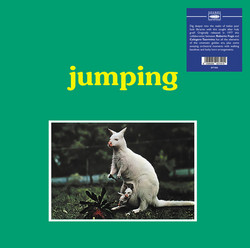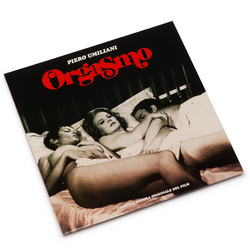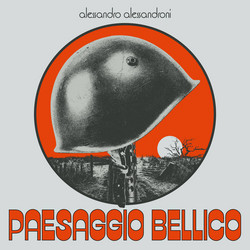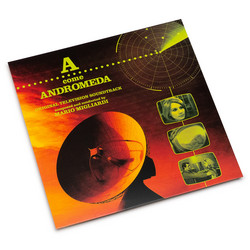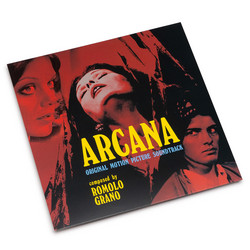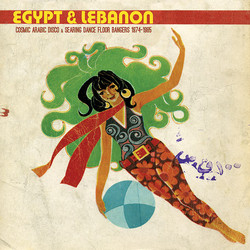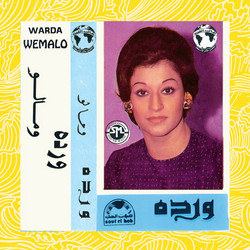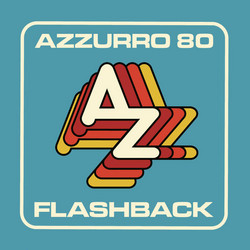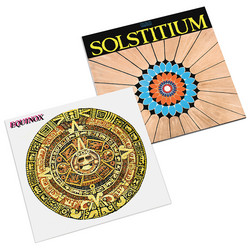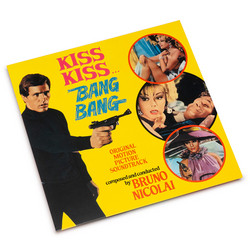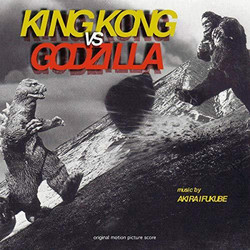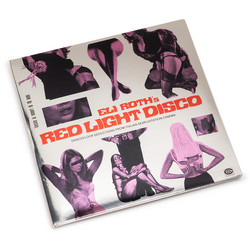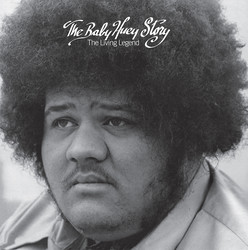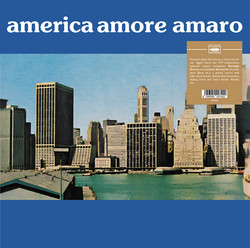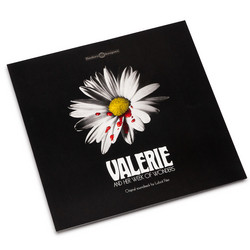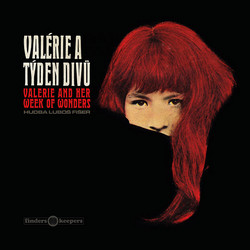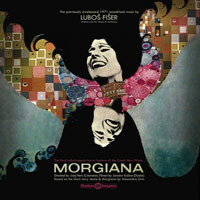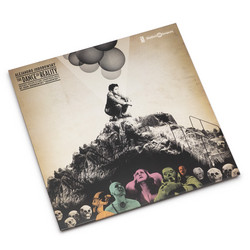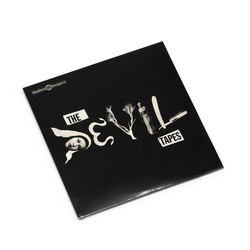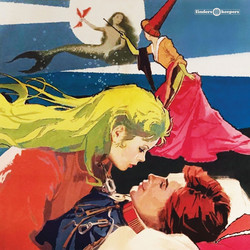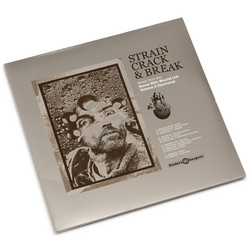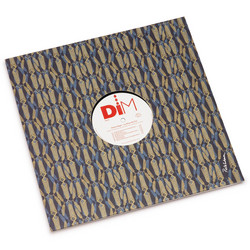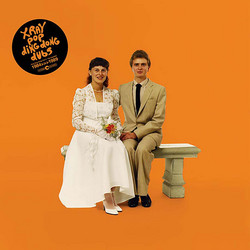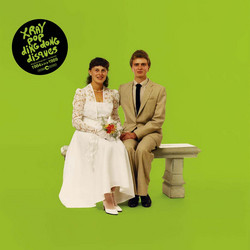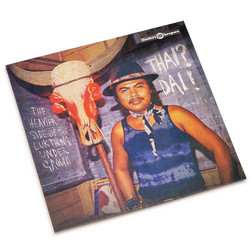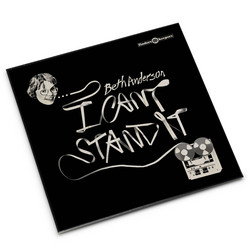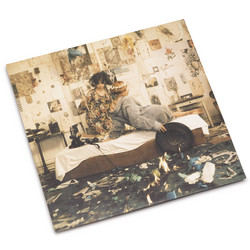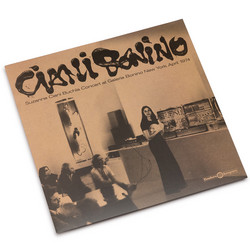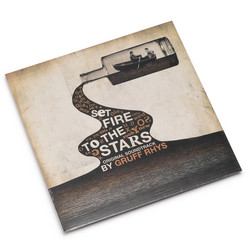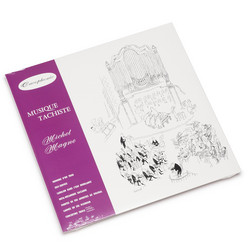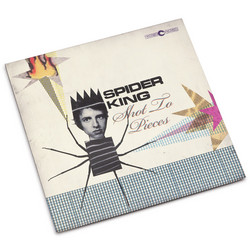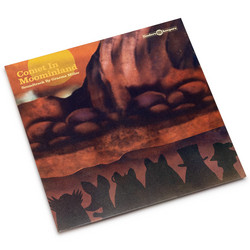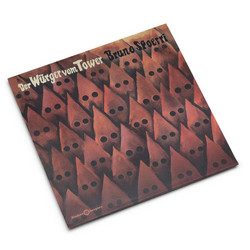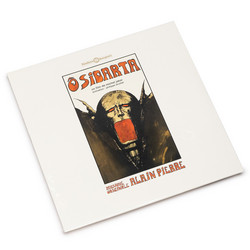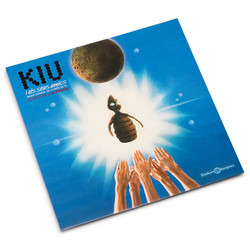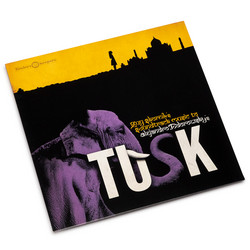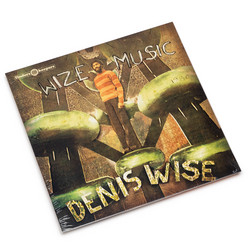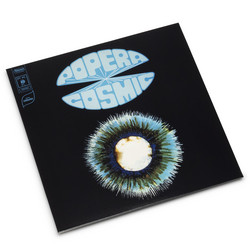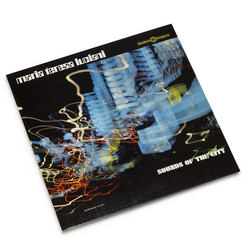Lubos Fiser
Valerie And Her Week Of Wonders (Sleeve A) LP
New 2018 edition. 2018 marks ten years since Finders Keepers Records first liberated Lubos Fiser's immaculate soundtrack music for Valerie And Her Week Of Wonders
("Valerie A Týden Divu") from the vaults of the Barrandov Studio in
Prague. As the inaugural release of an ongoing discography of previously
unreleased scores from the hugely creative "Film Miracle" that occurred
during and after the Czech New Wave (CNW), this score will always
retain a special place in the heart of the label. Having grown in status
from an obscure and misunderstood socialist-era art house oddity, via
the hands of risqué foreign fluff merchants, to finally find its
rightful audience as a bona fide surrealist cinematic masterpiece of
world class standards, this 1970 film adaptation of Vítezslav Nezval's 1935 avant-garde novella -- a film that literally cross-pollinated Max Ernst's A Week Of Kindness (1934) and Lewis Carol's Alice In Wonderland
(1865) -- has garnered widespread critical acclaim. Inspiring ongoing
generations of visual artists, musicians, writers, and filmmakers, Valerie
continues to impregnate their daily artistic referential fabric.
Commonly considered to be the swansong of the CNW, following a huge
paranoia-fueled government film cull in 1969, owing to the fact it is
last government approved feature film of the post-Prague Spring era to
combine the efforts of controversial filmmakers from the FAMU (Filmová A
Televizní Fakulta Akademie Múzických Umení) film school, Valerie
would also be the first of an exciting and essential new fertile strain
of Czech made cinema fantastic. Successfully condensing the final drops
of CNW lifeblood through a series of presumed apolitical scary/fairy
tales, directors like Jaromil Jires and Juraj Herz used
surrealism, traditionalism, and fantasy to rejuvenate the creative
energy of apathetic filmmakers evading government scrutiny via
creatively coded artistic allegories. By strategically choosing to adapt
a pre-war surrealist melodrama written by a communist convert author
called Vítezslav Nezval and based in a non-specific traditional era, the
previously censored filmmaker Jaromil Jires was able to craft what many
consider his finest filmic hour and what would later become his most
universally received achievement. Jires managed to unintentionally
establish a new genre format that was both stylistically and sonically
tuned to the trends of the impending decade. Remastered from the
original studio tapes with updated liner notes. This new edition is
available in two sleeve designs, both based on the original theatrical
posters.
Details
Cat. number: FKR XA 009-LP
Year: 2018
